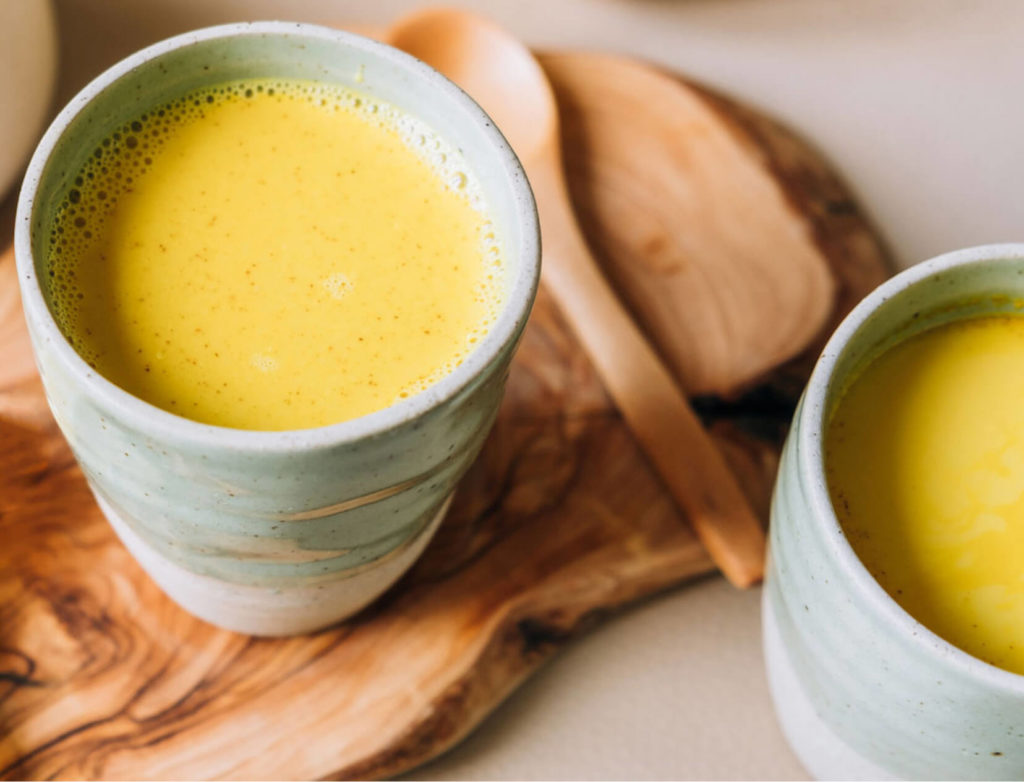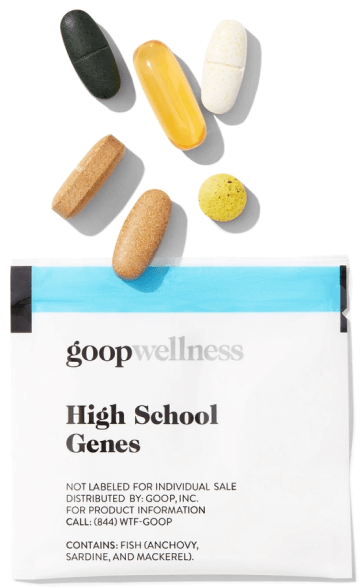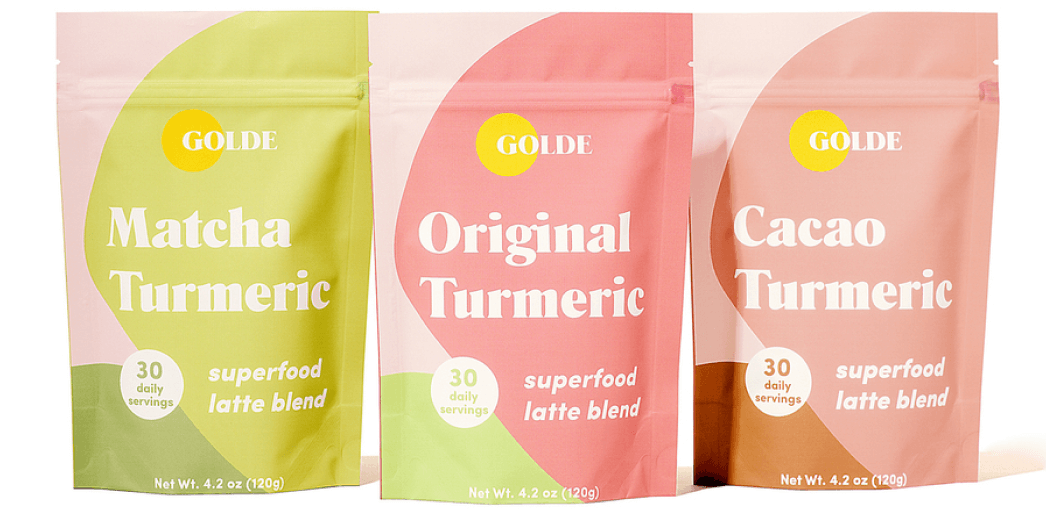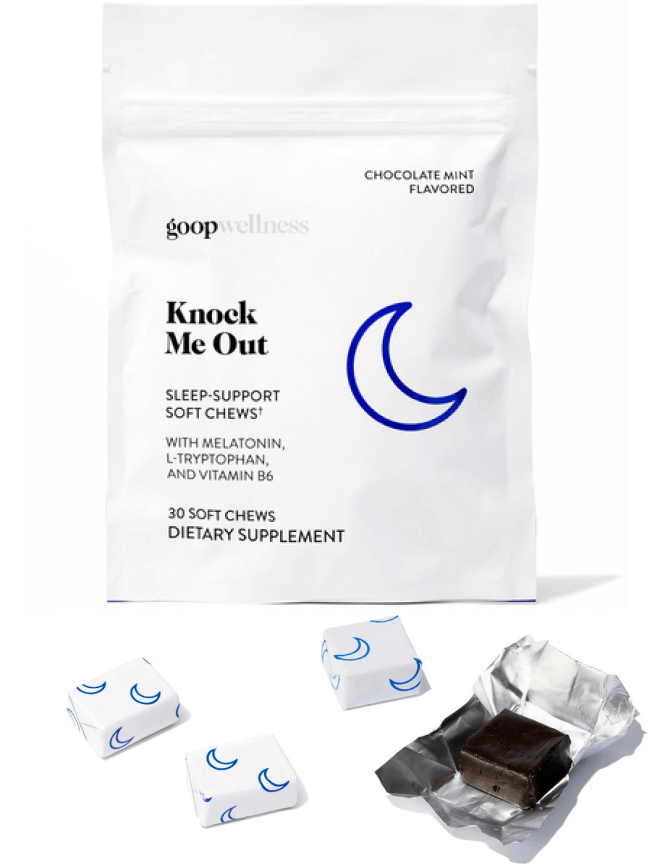[ad_1]


Supported by Science
Toggle description
There’s sound science and published research supporting this concept.

Denise John, our senior science editor, has a BS in in biology and a PhD in neuroscience. She
learned how to juggle in gym class in ninth grade and still can. She spends a lot of her time interpreting
research, and you can see what she learns about different health conditions in our growing library of articles
called goop PhD. You can send
your own questions for Denise to [email protected].
Dear goop, Is there a certain time of day that’s best to take vitamins and supplements? And should they be
taken with or without food? —Cat M.
Hi, Cat. When it comes to taking supplements, those two questions often pop up. If you’re asking these questions,
you’re probably already taking supplements, which is a great way to avoid nutritional gaps just in case your diet
falls short.
If you’re still deciding which supplements are best for you with your doctor, consider your unique diet, lifestyle,
and health. And you can discuss some of the research below with them too.
WITH OR WITHOUT FOOD
Taking supplements with food is usually the best rule of thumb. It can be easier on the stomach, and most
nutrients are better absorbed this way, especially the fat-soluble vitamins A, D, E, and K. Multivitamins that contain
a combination of nutrients—vitamins, minerals, herbs, etc.—can pair well with a smoothie or a meal (these summer rolls are our go-to lunch right now) to help your body get
the nutrients it needs.
-
 goop Wellness
goop Wellness
HIGH SCHOOL GENES
goop, $90/$75 with subscriptionSHOP NOW
When it comes to individual supplements, the research gets more nuanced. Studies show that people tend to absorb
vitamin D 50 percent better with the largest meal of the day. Taking algae and fish oils with
food can improve absorption, but it depends on the type of oil and how it’s encapsulated. Either way, taking them
with food helps minimize fishy burps. Combining turmeric with piperine, a compound in black pepper, may help its
absorption. And pairing probiotics with meals may help more nutrients get into the body.
But some nutrients, like B vitamins, may be better absorbed on an empty stomach. A study showed an absorption
increase of 33 percent for B12 and up to 117 percent for folate (B9) when fasting (compared to taking the
supplements with meals). Iron is also better absorbed on an empty stomach but often causes an upset stomach when
taken that way. And calcium can be taken with or without food, depending on its type.
-
 Hum Nutrition
Hum Nutrition
HERE COMES THE SUN
HIGH-POTENCY VITAMIN D3
goop, $12SHOP NOW
-
 GOLDE
GOLDE
SUPERFOOD LATTE SAMPLER
goop, $22SHOP NOW
MORNING, NOON, OR NIGHT
When to take your supplements depends on when you’re eating and sleeping, of course. Typically, consuming
stimulating nutrients—B vitamins, green coffee bean extract, CoQ10, etc.—during the morning or early afternoon
is best.
To keep us balanced and healthy, our bodies absorb only so much at a time. So spreading supplements
throughout the morning and afternoon can help your body take in more of what it needs. In addition to taking
your multis in the morning, taking vitamin D in the afternoon may provide better absorption, if
that’s the time of your biggest meal of the day. And naturally, taking melatonin for occasional sleep support should be done at bedtime.
-
 goop Wellness
goop Wellness
KNOCK ME OUT
goop, $55 for 60/
$30 for 30SHOP NOW
*These statements have not been evaluated by the Food and Drug Administration. These products are not intended
to diagnose, treat, cure, or prevent any disease.
This article is for informational purposes only. It is not, nor is it intended to be, a substitute for
professional medical advice, diagnosis, or treatment and should never be relied upon for specific medical advice.
To the extent that this article features the advice of physicians or medical practitioners, the views expressed
are the views of the cited expert and do not necessarily represent the views of goop.
[ad_2]
Source link